Engaging in gardening can be both exhilarating and daunting, especially for beginners. The connection with nature, the joy of watching plants grow, and the eventual harvest or flowering are unmatched experiences. However, choosing the right tools can differ between a thriving garden and a disappointing endeavor. This comprehensive guide will walk you through 12 essential beginner garden tools, ensuring you start on the right foot.
1. Gloves
Gardening isn't just about getting your hands dirty and protecting them. A durable pair of gloves can protect you from thorns, splinters, and the drying effect of soil. Opt for those that fit well, are durable, and are water-resistant yet breathable to keep your hands comfortable as you work.
2. Trowel
This small hand tool is necessary for every garden activity. From digging to transferring plants to pots, a sturdy trowel with a comfortable grip makes gardening easier. Choose one with a stainless steel head for durability and ease of cleaning.
3. Spade
A spade is ideal for more significant digging projects like planting trees, shaping beds, or turning soil. Its sharp, flat tip is designed for cutting through tough soil with precision. Look for a spade with a stainless steel head and a comfortable, durable handle.
4. Rake
A garden rake helps clear the ground of leaves and debris and level the soil. It's an indispensable tool for creating the perfect planting bed. Choose one with metallic teeth for durability and a long handle to reduce back strain.
5. Hoe
The type of hoe you'll need depends on your garden. A sturdy, sharp hoe is essential for breaking new ground and tackling weeds. A paddle hoe is great for larger areas, while a Warren hoe, with its pointed end, is better for more precise jobs.
6. Pruning Shears
Also known as secateurs, pruning shears are vital for trimming and shaping plants. They make clean cuts that heal quickly, preventing diseases in plants. Look for a pair that fits comfortably in your hand, with blades that can be sharpened and replaced.
7. Loppers

Loppers are the go-to tool for thicker branches that pruning shears can't handle. They provide the leverage needed to cut through branches up to two inches thick, promoting healthier plant growth. Select loppers with extendable handles to reach higher branches without a ladder.
8. Garden Fork
A garden fork is pivotal for turning soil, especially in clay or compacted ground areas. It can also be used for aerating lawns or breaking up large clumps of soil. Choose one with strong, sharp tines and a comfortable handle.
9. Watering Can or Hose
Regular watering is crucial for your garden's health. A watering can with a long spout gives you control over the amount and speed of water, making it ideal for small gardens or seedlings. A hose with a variable spray nozzle for larger gardens allows you to adjust the water flow as needed.
10. Wheelbarrow
Whether moving soil, compost, or heavy tools, a wheelbarrow saves you from back-breaking work. It's essential for transporting materials around your garden efficiently. Opt for a lightweight model with a sturdy construction and pneumatic tires.
11. Garden Knife
A garden or soil knife is versatile for cutting through roots, transplanting, weeding, and measuring soil depths. A knife with a serrated edge adds functionality, making it one of the most useful tools in a gardener's arsenal.
12. Planting Guide
While not a tool in the traditional sense, a planting guide is invaluable for beginners. It can inform when to plant, how deep to plant seeds, and how far apart. This resource can take many forms, from a book to a downloadable app, and will serve as a compass as you navigate your gardening journey.
Choosing the Right Garden Tools
Selecting the right garden tools is not just about filling your shed. It's about finding tools that fit your needs, space, and budget. Pay attention to the materials and ergonomics of the tools. Durable materials like stainless steel and comfortable, non-slip grips can make gardening more effective and enjoyable. Also, consider the size of the tools to your strength and your garden. Oversized tools can be cumbersome and unnecessary for a small space.
Caring for Your Garden Tools
Proper care of your garden tools extends their life and ensures they're ready when needed. Clean them after each use, dry them to prevent rust, and sharpen the blades regularly. Store them in a dry place, ideally hung up or in a storage box, to keep them organized and in good condition.
Final Thoughts
Starting a garden is a rewarding venture that requires the right tools to succeed. Each tool, from gloves to a garden knife, plays a vital role in managing your garden, whether you're cultivating flowers, vegetables, or herbs. As a beginner, investing in these 12 essential garden tools sets a strong foundation for your gardening journey. Remember, the best tools are the ones that suit your needs and help you nurture your garden with love and care. Happy gardening!
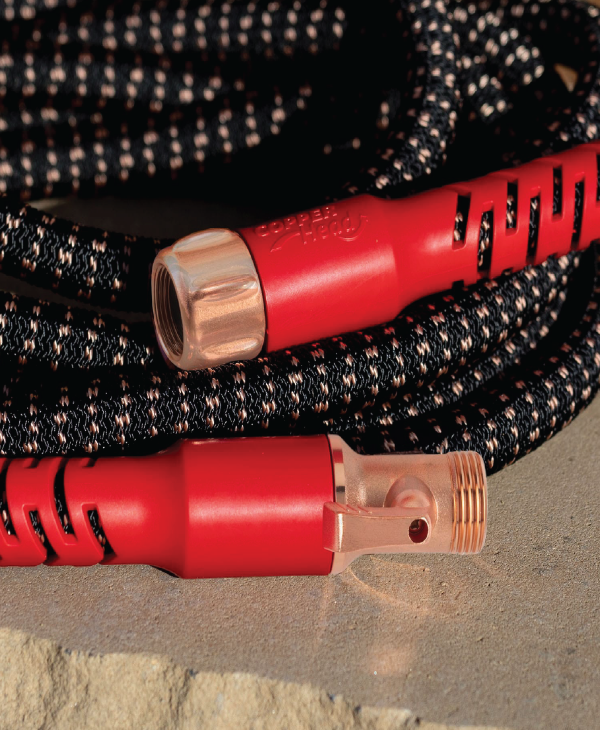
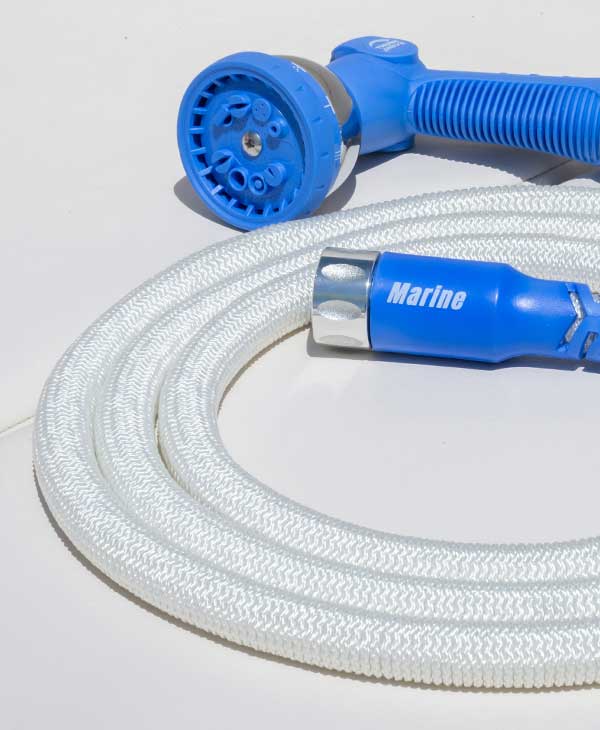
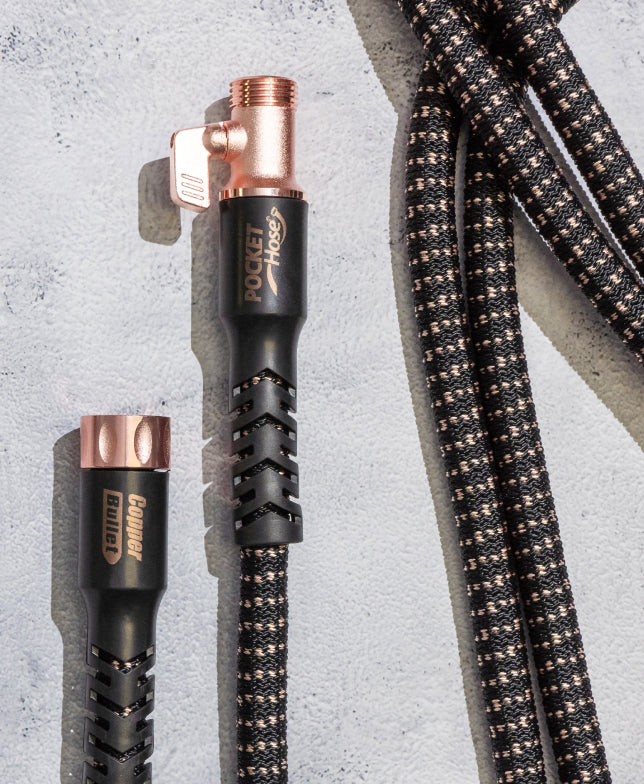
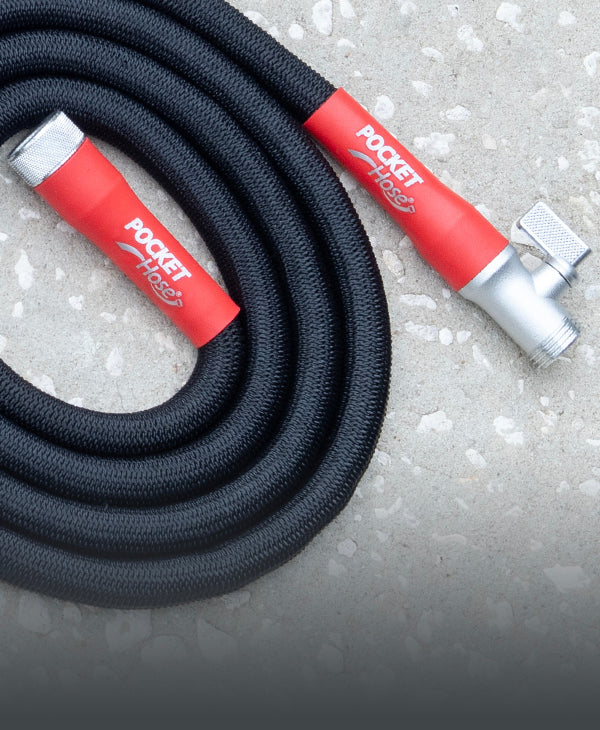
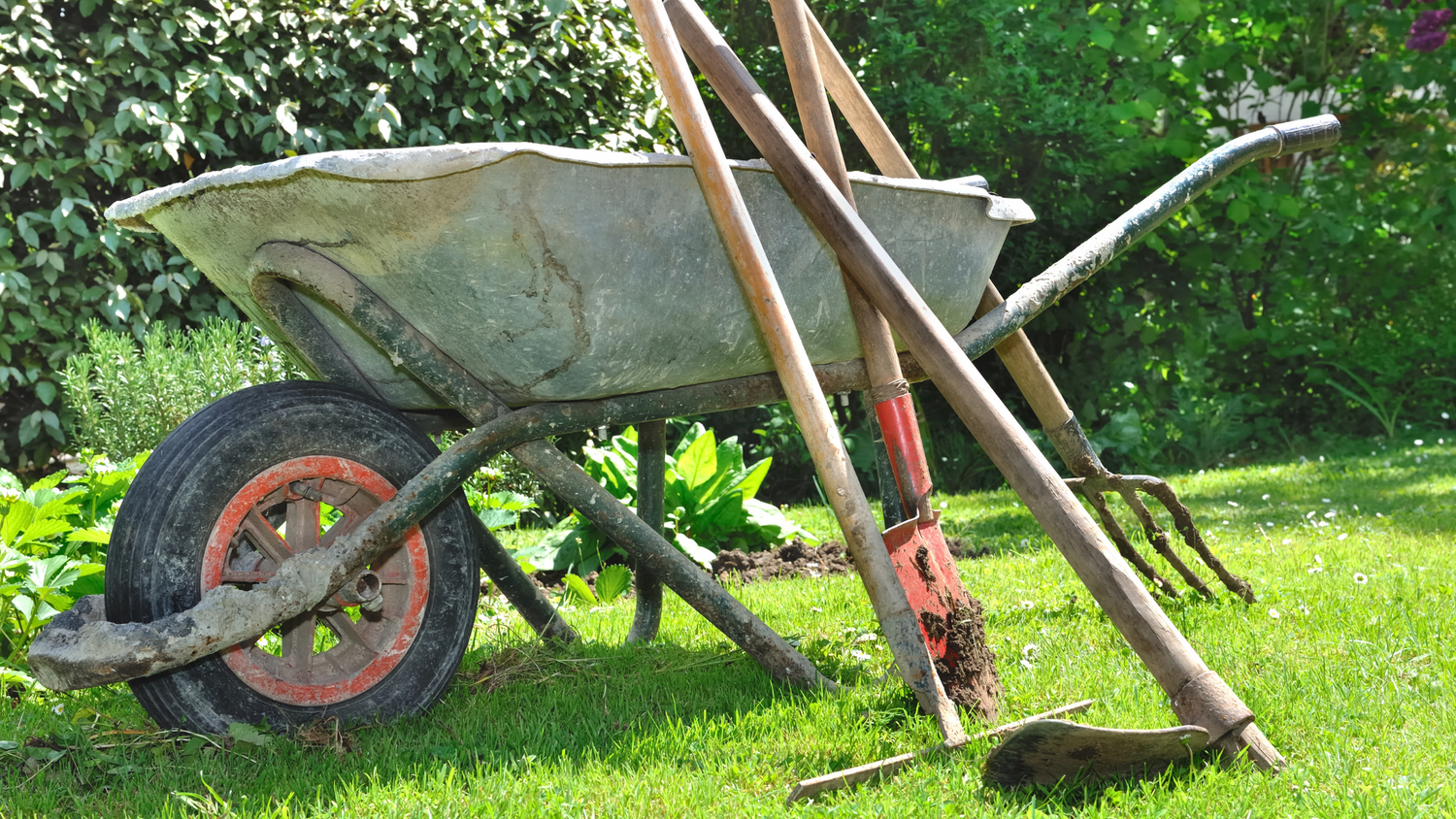
Leave a comment
This site is protected by hCaptcha and the hCaptcha Privacy Policy and Terms of Service apply.